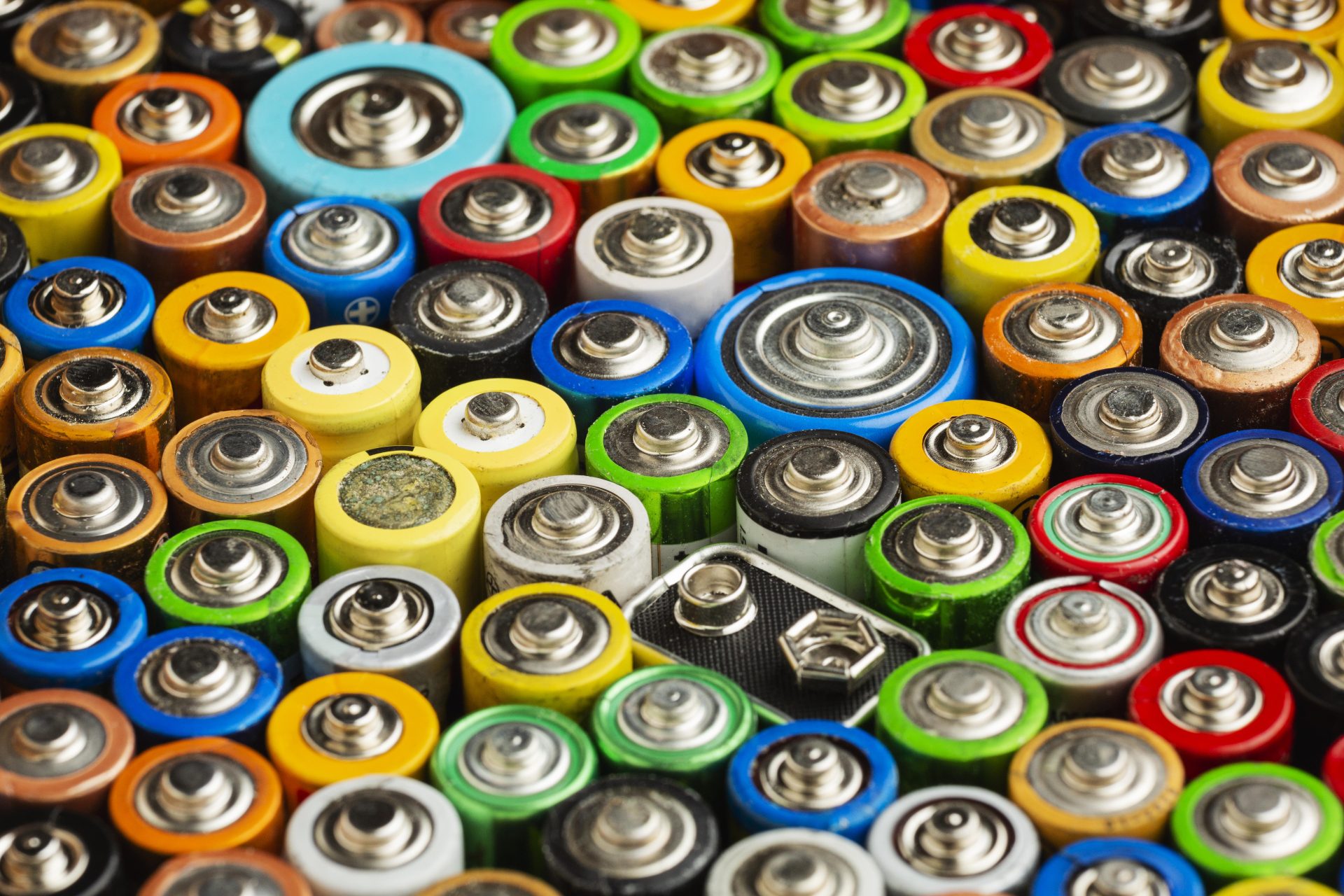Household Items You Should Never Dispose of in Landfills

Learn About The Different Household Items You Should Never Dispose of in Landfills
Landfills are quickly filling up with items that could take hundreds to thousands of years to decompose. As the piles grow, the environment bears the brunt of the damage. But did you know that many things we casually toss into our trash bins should never find their way into landfills? At Speedy Junk Removal, we believe in educating the public about responsible disposal. Let’s dive into the list of household items that should stay far away from landfills.
1. Batteries
Batteries, especially rechargeable ones, contain harmful chemicals that can leak into the soil and water. Instead of throwing them in the trash, take them to a battery recycling center. Some stores even have drop-off points for used batteries.
2. Electronics
From old TVs to broken cell phones, electronic waste (or e-waste) is a significant concern. These items contain metals like lead, mercury, and cadmium, which can harm the environment. Many cities have e-waste collection programs, and numerous electronics retailers offer recycling or trade-in options.
3. Paints and Solvents
When disposed of improperly, leftover paint and solvents can contaminate groundwater. Many local communities host hazardous waste collection days where residents can safely dispose of these items.
4. Motor Oil
One quart of motor oil can contaminate up to 250,000 gallons of water. Instead of pouring it down the drain or throwing it in the trash, take used motor oil to an auto store or a hazardous waste facility.
5. Pharmaceuticals
Expired medications shouldn’t end up in the trash or down the toilet. They can contaminate water supplies and harm aquatic life. Many pharmacies offer take-back programs where you can return unused or expired medications for proper disposal.
6. Compact Fluorescent Light Bulbs (CFLs)
These energy-saving light bulbs contain a small amount of mercury. While it’s a tiny amount, when multiplied by millions of bulbs, the threat is significant. Home improvement stores or local recycling centers often accept CFLs for recycling.
7. Plastic Bags
While some plastic bags can decompose over time, many don’t, contributing to the growing plastic pollution problem. Instead of tossing them into the bin, reuse them or take them to stores that offer dedicated recycling bins for plastic bags.
8. Tires
Old tires can become breeding grounds for mosquitoes when they accumulate water. Moreover, they can release harmful chemicals into the environment. Instead of dumping them, take them to tire dealers or recycling centers.
9. Pesticides and Fertilizers
Garden chemicals can harm local ecosystems if they end up in landfills. Always use them up completely according to the label or take leftovers to a hazardous waste facility.
10. Appliances
Refrigerators, air conditioners, and other appliances contain refrigerants that can be harmful to the environment. When upgrading, check with the store if they can take the old appliance for recycling. Alternatively, reach out to local recycling programs.
The Speedy Junk Removal Pledge
We’re not just in the business of hauling away unwanted items. We’re in the business of protecting our planet. Speedy Junk Removal is dedicated to responsibly sorting and disposing of junk, ensuring that hazardous items never reach the landfills.
Final Thoughts
Being mindful of what we toss into the trash can make a world of difference. The next time you’re about to dispose of something, think twice: Could it harm the environment if it ends up in a landfill? If the answer is yes, seek out the right way to get rid of it. After all, every little effort counts towards a greener, healthier planet.

